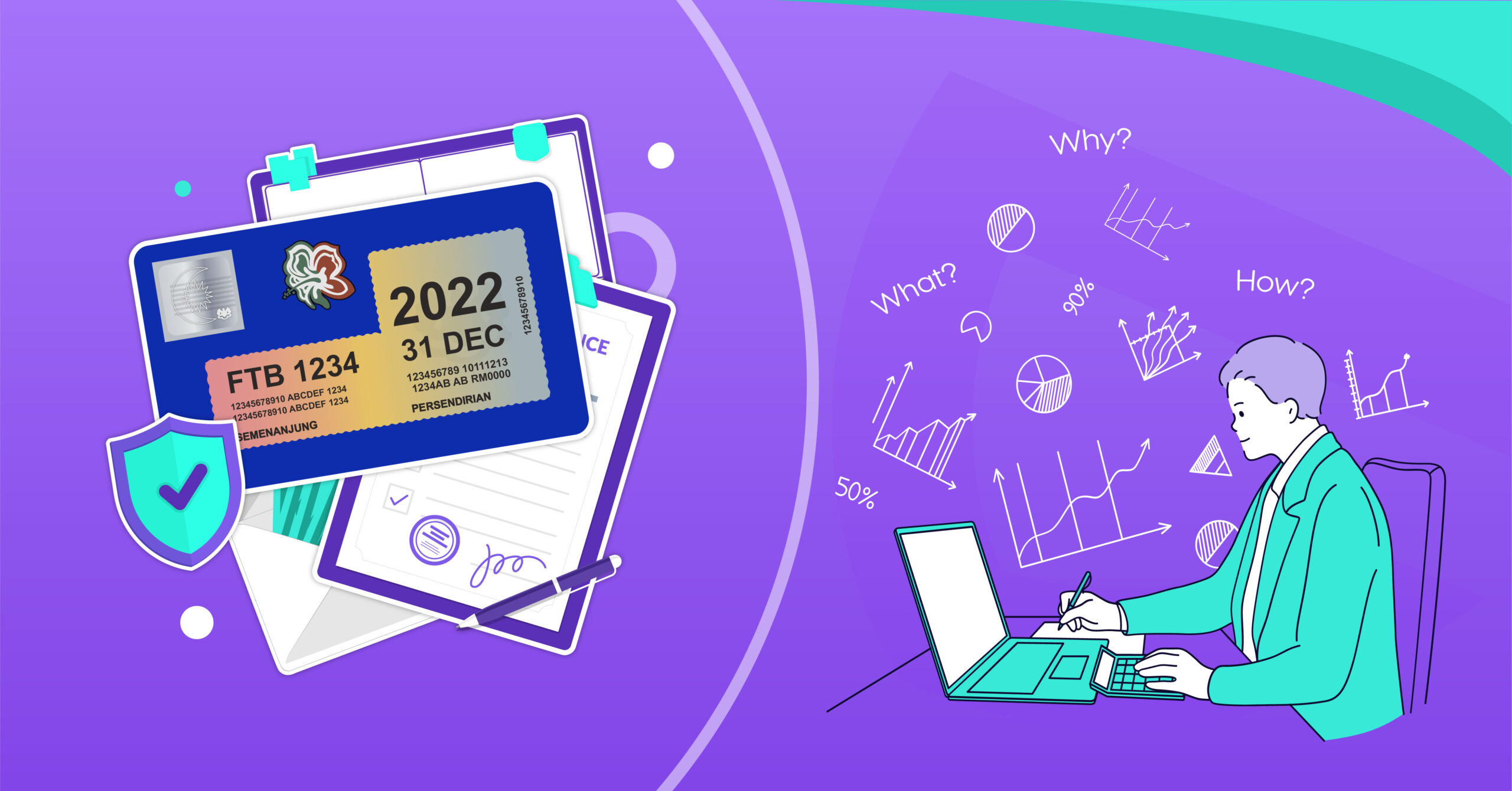How to Cope with Life After a Disability

Falling victim to disability is no fun at all, especially if you’ve acquired it after succumbing to illness or getting involved in an accident. Unlike most people, your movements are limited, and even the simplest tasks may require you to ask for extra help from someone you know. Being disabled may also make you more susceptible to depression. But you don’t have to wallow in self-pity. Below are some tips on how you can cope with life after a disability:
- Give yourself time to grieve over your disability.
No one in their right mind would ever want to be willingly disabled. Still, life might seem unfair to you, most especially if you have a disability that had changed your entire way of living as well as any plans that you originally had for your future.
- It’s only normal for you to initially harbor feelings of anger, sadness, disbelief, or even denial as your mind is still reeling from the impact that your disability is inflicting on you.
- You can pour all your negative emotions out during the initial stages of your disability as long as you’re releasing them healthily instead of trying to pretend that everything’s fine even if it’s glaringly apparent that you’re not.
- Look for ways you can blunt the impact that your disability has had on you so far.
After grieving over your disability, you’ll then want to move on with your life instead of forever dwelling on your loss of normal movement.
- You should start picking up all the pieces left from your life before your disability, and identify which activities you can do without any additional help from other people.
- You shouldn’t be embarrassed to use assistive devices like canes, wheelchairs, prosthetics, or bionic limbs from time to time or in certain situations where you’ll need to use them. After all, they’re there to help make your life easier despite your disability.
- Seek legal help from a lawyer if somebody else’s negligence caused your disability.
From incurring expensive medical and physical rehab costs to buying whatever assistive device you’ve decided to use as well as having your home and even your vehicle renovated to accommodate your physical condition, your disability might have been making it difficult for you to cope financially.

- You don’t have to bear the brunt of paying for all the costs associated with your disability when you’re sure somebody else caused it to happen to you. Consult an attorney who can help you file a compensation claim against the insurance provider of the responsible person.
- The insurance provider of whoever caused your disability is supposed to grant your claim and shoulder all your expenses once you’ve successfully proven to them that their client can be held liable for what they’ve done to you.
According to the Cornell University’s Disability Statistics website, more than 40 million people in the United States self-reported as disabled as of 2016. Thus, you can take comfort in the fact that you aren’t alone at all in suffering from a disability. After all, being disabled doesn’t mean that it’s already the end of the world for you as you’re more than lucky enough to still be alive. What you need to do instead of forever enveloping yourself in sadness is to follow the above-listed tips on how to cope with life after a disability. You’d be surprised at what you can achieve even with your physical condition.





